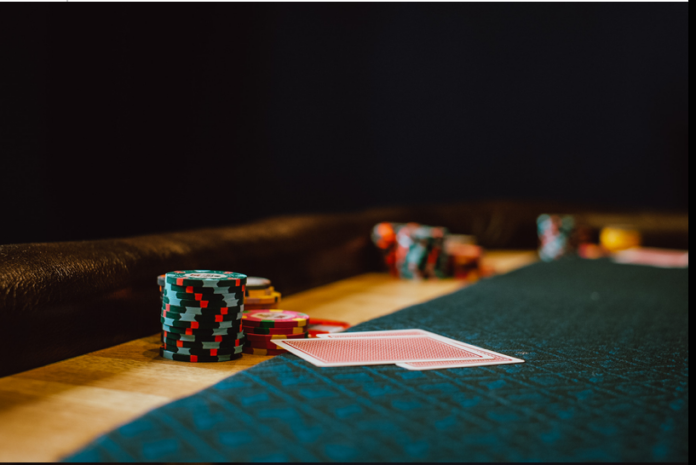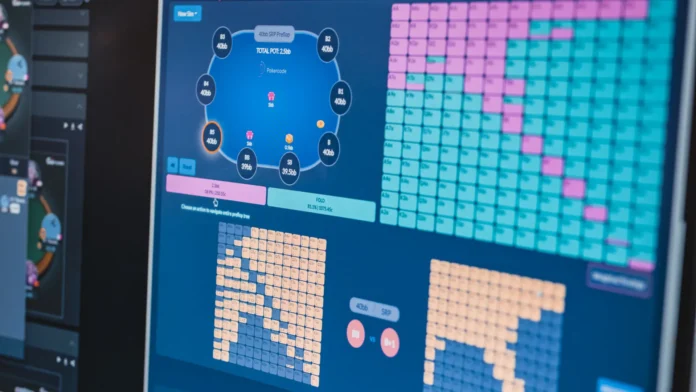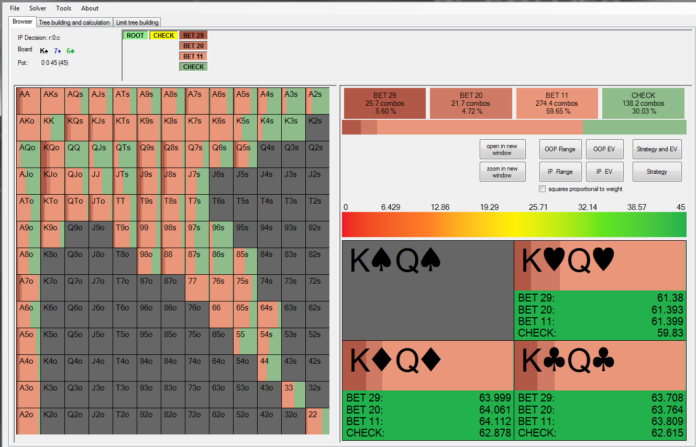If you want to play online poker effectively, you need to have the right strategy for the game. There are many different strategies, but they all boil down to the same thing. You need to understand your position, take notes on your opponents and protect your stack. By applying these strategies, you will have a great chance of winning at an online casino that you like, such as Bons Casino. And it doesn’t matter where you are, the sites always allow you to choose a native language and a form of payment convenient to your location!
1. Table selection

If you want to play a good game of poker, you need to choose the right table. Different types of poker have different rules. If the game is already familiar to you, you need to choose a more familiar version of the rules. Familiarize yourself with the features of different types of poker and choose the right table.
Then you need to figure out how much money you can spend. The smallest amount of money you can spend depends on the size and limit of the game. For example, in a poker room where the stakes are $1/2, you can take $8. But if the stakes are $0.1/0.2, you can only take $0.8. So it matters which game you choose – you have to be able to afford it, and you have to be willing to risk losing that much money. When you’re just starting out, it’s better to play at lower stakes so you don’t risk too much money.
When choosing a table, you need to think about betting conditions. This is because it will affect how people bet. If “no-limit” is chosen, players can go all-in at any time. This changes the strategy of the game. People are likely to play more cautiously and try to bluff more often.
2. Sequence
In order to understand the rules and choose tactics, you need to know how the game works. Poker begins with mandatory bets. After they are made, the cards are dealt. If you don’t have a good combination of cards, it is better not to bet and wait for the next round. If you have a good combination of cards, you can make further bets. Remember to consider the behavior of your opponents at the table and what their bets are when deciding whether or not to bet. Maybe someone has a better hand than you, or maybe they’re just bluffing (pretending to have a good hand, when in fact they don’t).
Then bidding takes place, which allows you to knock out the weaker/non-riskier players and increase your pot. They are held after the first hand of cards and until they are all on the table. It is worth studying the tactics of the players at the table and bidding accordingly.
The next step is the exchange of common and additional cards. Depending on the game, players have the option to exchange cards from their hand for additional pocket or community cards. This can change the outcome of the game, so it is important to know all possible combinations before the game begins. After the last trade, players reveal their cards, and the one with the strongest combination wins the pot.
3. Limiting the range of hands you play

When playing online poker, limiting the range of hands you play is an important part of being a successful player. This is because a range is an estimate, and your opponent’s range is determined by the action he or she is taking. There are many ways to make your range more accurate, and you can learn to do this with practice and strategies. You can always practice through various free online casino bonuses (sign-up bonus, no deposit bonus, etc.)
One way to limit the range of hands you play is to play only the monster hands. By raising only with the big hands, you will be less worried about making a bet. You can also bluff, but you should avoid bluffing when your hand is weak.
Often, new players will try to place their opponent on a hand. This can be a mistake. The opponent’s hand may not be as strong as you think it is, and your bluff could be rejected. It’s best to keep all of your information in your head during the hand.
4. Protecting your stack
While you are playing poker you should take some time to consider protecting your stack. As a rule of thumb the best way to protect your chips is to play aggressively against the bigger fish. The main drawback of this strategy is that you will only win small pots. You may also find yourself eliminated before you have a chance to prove yourself. For example, you may be in a tournament with three players but one player has a monster hand. Alternatively, you could find yourself in a three-way flop with a full house on the table. Fortunately, online poker offers a wide variety of games and limits your spending on buy-in. This can make it a great time to learn more about poker.
5. Making notes on opponents during play

Taking notes during online poker play is an important skill to have. It can help you learn more about your opponents, especially when they are making unorthodox plays. You can also use these notes to come up with more precise counter strategies against them.
The first step in taking notes is to write down the name of the player. In some cases, you may even want to assign a color to the opponent. Most sites will let you do this.
Another method of note taking is to record the size of the bet. This can reveal the strength of the hand. For instance, a player with a weak hand might have a 75/150 bet. Likewise, a player with a strong hand might have a check back.
6. Dealing with emotions
The ability to control your emotions is one of the keys to being a successful poker player. You will be faced with a wide variety of triggers. For instance, you might be facing a challenging opponent, you might have to make an urgent decision, or your cards might be in the bin. These factors can all result in negative emotions which in turn can cause you to lose focus and make less than optimal bets. In fact, being tense could mean you actually lose more money.
Emotions are not only a factor when you play in a real poker game, they can also be a factor online. The best way to overcome this is to learn to manage your emotions before you start playing poker.







